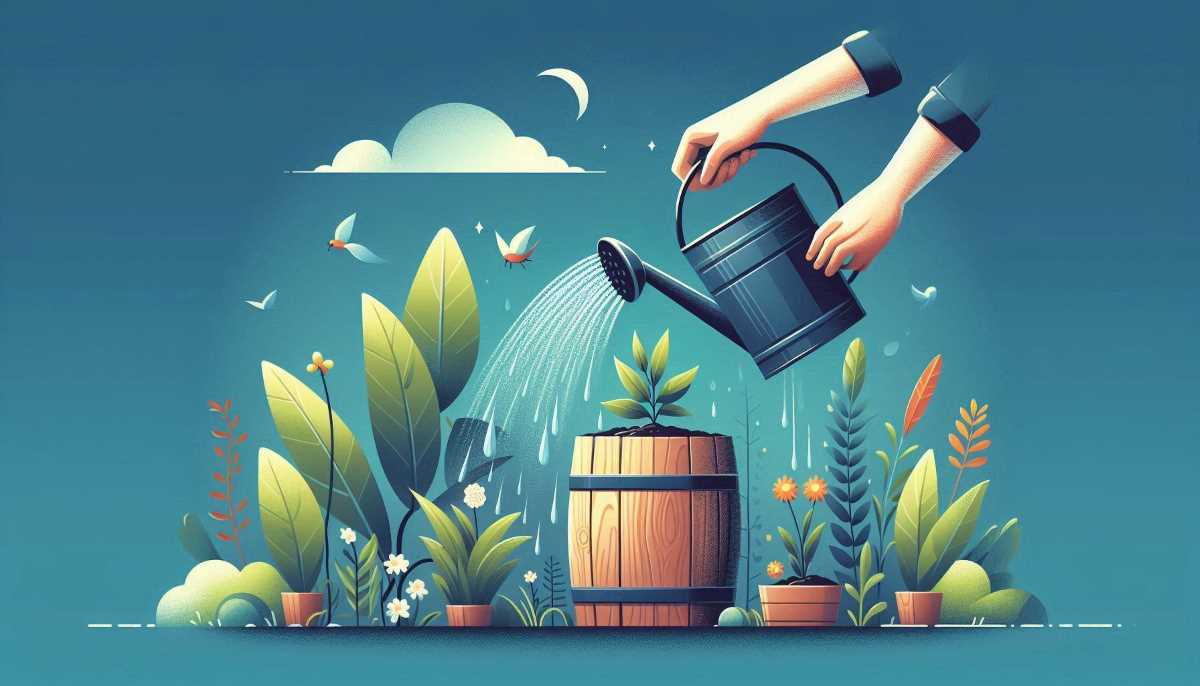Water: The New Gold Rush (and How to Avoid Running Dry)
The water crisis is a global challenge. Sustainable water management requires a shift in consumption habits, technological innovation, and agricultural practices. The Inter-American Congress on Water, Soil, and Agrobiodiversity (CIASA) 2024 highlighted these urgent needs.

As the world gathers at the 3rd Inter-American Congress on Water, Soil, and Agrobiodiversity (CIASA) 2024 in Mexico City, the urgency of a new approach to water consumption and supply has never been clearer. Experts, researchers, and policymakers alike are calling for a transformative shift in how societies manage their most essential resources: water, soil, and agrobiodiversity.
In a world racing toward a projected population of 9.9 billion by 2050, the question is not just how to increase water supply but how to fundamentally rethink our consumption models. This paradigm shift is essential to ensure the availability of water and food in the face of climate change, environmental degradation, and an ever-increasing demand for resources.




